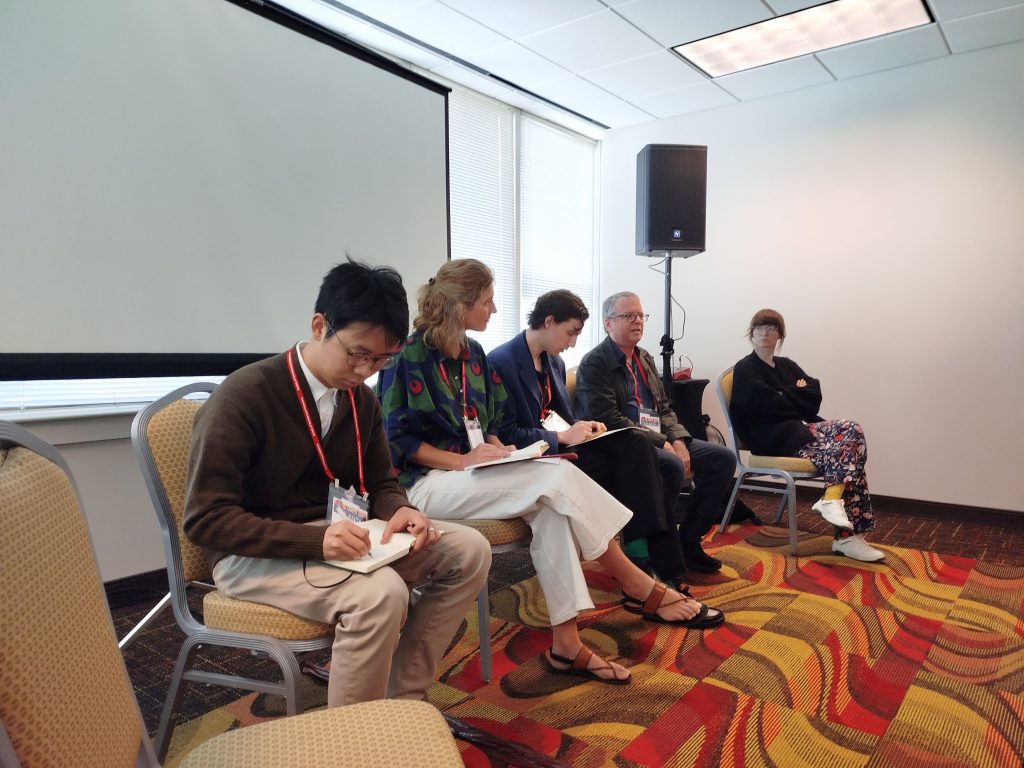Panel
Colonial Public Works: Architecture Beyond Labor Subalternity
Event: The Society of Architectural Historians 78th Annual International Conference
Authors: Ana Vaz Milheiro, Francesca Vita
Date: 30 April 2025 – 4 May 2025
Location: Atlanta, United States of America

Summary
The history of architecture and urban planning in former colonized territories has been shaped by canonical narratives and single agents (Lagae&Boonen, 2020). The question of architectural authorship has been at the center of most colonial studies, whether they focus on the designer, the engineer, the owner, or the political-administrative decision-maker who approved the territorial infrastructure, the urban settlement, or the building. “Can the subaltern speak” (Spivak, 1988) overcoming the architectural history focused on the designing elite? We welcome scholars to critically engage with the representativeness of labor subalternity and its importance throughout the process of architectural design and construction, questioning: who were those workers whose role was crucial to the colonial sphere, but who remained underrepresented in the history of colonial architecture? How did their labor, presence and skills influence the building site, construction methods and the project/design?
This session intersects the history of colonial architecture and the theme of labor, encouraging scholars to submit papers that address the agency of labor in the Public Works Departments during the late colonial period, between the 19th and 20th centuries. Contributions related to the African and Asian contexts are particularly appreciated, as are those related to the history of colonial architecture focusing on the relationship between project design and unskilled labor and analyzing the impact of subalternised collective subjects (workers) who remained largely “hidden” in both colonial and postcolonial narratives. This session seeks for papers that explore the liaison between architecture, colonialism and labor, addressing: i) construction methods and skills; ii) construction sites; iii) authorship; iv) gender and race; v) division of labor. Researches based on both case studies and methodological approaches to the theme are welcome to enable a discussion on the impact of labor within the colonial architectural effort and how to approach it from a theoretical perspective.
Presentations
- Beatriz Serrazina (Dinâmia’CET-Iscte), Building the Benguela Railway: laborers and construction skills
- Sarah Melsens (French National Centre for Scientific Research). Shivaji Bridge’s Construction Workers: Redressing Archival Absence
- Maggie Freeman (Massachusetts Institute of Technology). Architectures of Control and the Labor of the Controlled in the British Mandatory Middle East (1920-1948)
- Brian McLaren (University of Washington). Architecture and Indigenous Labor in the Libyan Coastal Highway
- Romain David (Harvard University). NEDECO 1952-1959: Unskilled Intellectual Labor and Postcolonial Experts in Colonial Nigeria

